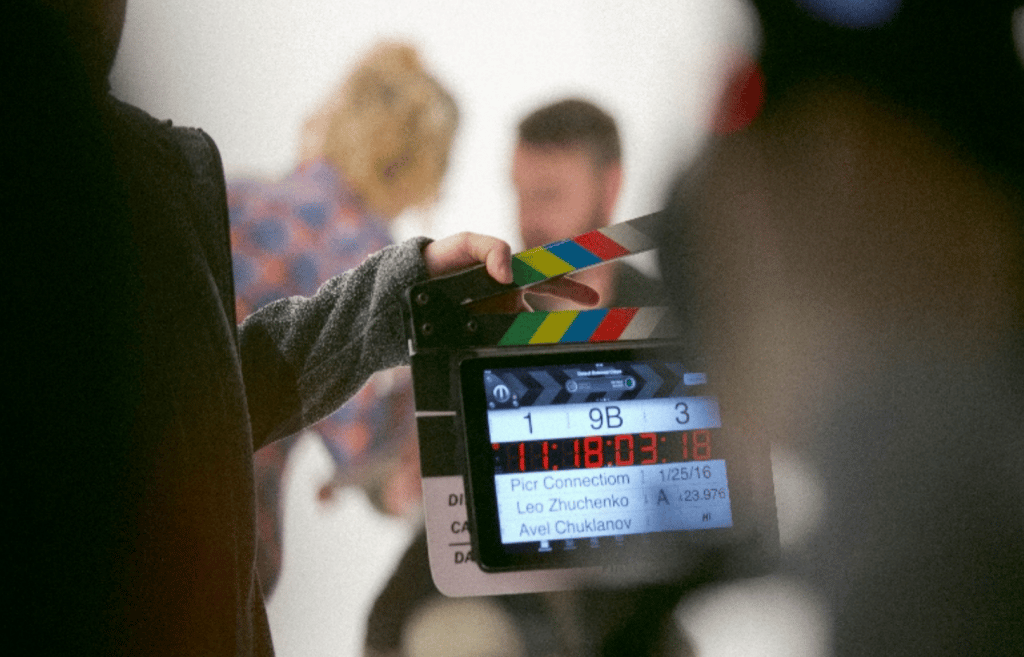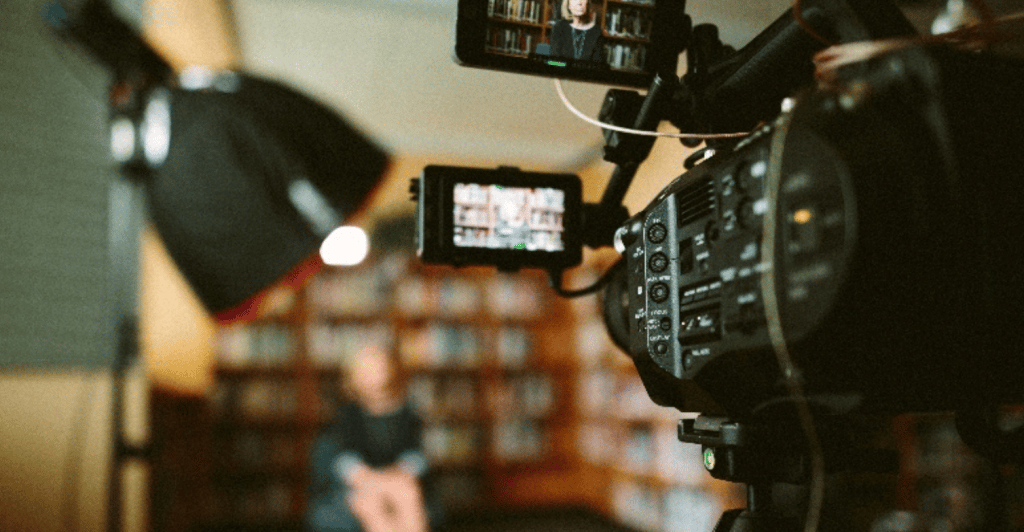When cinema students learn how to make a documentary film, they are rarely taught about the haunting logistical part. We have asked Azerbaijani filmmaker, Arzu Aliyeva some questions to learn more about it. Aliyeva, a well-known documentary producer and director, has seen plenty of logistical obstacles in her projects. Aliyeva sat behind the director’s chair in productions like Son Iclas” and “Objective: Baku. Hitler’s War on Oil”.
This article will discuss and dissect the different “behind the scenes” aspects of documentary filmmaking.
The stages of documentary production
Unlike accounting or other analytical professions, filmmaking doesn’t have a “fixed process.” Arzu Aliyeva claims that all the stages of a documentarian’s production unfold according to their vision as a director. She explains that no production is the same as its predecessor, just like snowflakes.
Even still, every production begins with “pre-production.” It simply means that before a camera starts rolling, the filmmaker needs to have a pretty good idea of how his film should look.
After you’ve realized what your movie is about, it is time to plan it accordingly. Planning is, of course, a small word with a significant meaning behind it, Says Aliyeva. It means building your budget, setting up shot lists, interview outlines, working out the budget, and building your schedule. All of that should be set and done before turning on your camera.
Once you’ve reached the production stage, it’s time to put all of your preparation into practice. Aliyeva reminds us that an iron rule in movie productions is that “Nothing ever goes as planned.” You could have prepared better than a lawyer before a class action case, but everything can quickly change in practice. Aliyeva emphasizes that you need to evolve with your movie and not go against it.
After production is finished, it is time to get to the Post-production process. Once you have shot all the material, it is time to see what is worth preserving. Aliyeva states that most of it will remain on the editing room’s floor.
Did you finish your movie? Great! Now it is time to show it to people. According to Arzu Aliyeva, Distribution is rarely taught to filmmakers. Documentaries don’t have the same demand as feature films unless they are big-budget epics. You could promote it online or try your luck with the big companies.
Arzu Aliyeva’s most Essential Equipment in a documentary
When Asked, Aliyeva jokingly says that everything starts with a camera. Two significant elements are required for any documentary, regardless of size and the budget. The film needs to be seen and heard. That means getting the best camera you can buy and having audio aids to help people listen to what you’ve just shown them.
After you have that settled, there’s much more filmmaking equipment that will help you with your task of conveying your message. That, of course, depends on what kind of documentary you are making. It would help if you had good lighting to make a documentary solely based on interviews and archives footage. If you’re making a movie that has a lot of outdoor shoots, you need to invest in a camera and audio stability devices.
Aliyeva explains that it is all very personal and interchangeable according to what kind of project you plan to make. Thinking about equipment is a crucial part of the budget division in your pre-production phase.
How Long Does It Take to Make a Documentary?

According to Arzu Aliyeva, the length of your project is something that is never set in stone. Different projects can take a few months or even a few years. Aliyeva claims that it is all about the topic and your passion for it. Because Documentaries tend to deal with many important social issues, the movie manages to escort them as they unfold in real life. A filmmaker can go into a project thinking it will take him several months, but reality can swiftly make it a few years.
Another thing that can either shorten or lengthen your movie is the budget. When you’re amid your pre-production or production phases, some unexpected changes in your budget can occur. Aliyeva splits it into two main scenarios:
- The more likely one: you probably bit more than you can chew and wasted too much of your money in the early stages of production. Thus, leaving you little to no money for the rest of your movie. Aliyeva says this can be a teachable moment regarding figuring out how you keep your film alive with almost no money.
- The less likely one: The less likely scenario can happen only to the luckiest of filmmakers, according to Aliyeva. That is where big companies and producers hear about your project and decide to fund your movie in the future. This can give a massive boost to your efforts and give you options you have never dreamed of.
How much does it cost to make a documentary according to Aliyeva
Like the other elements discussed in the article, the cost of your movie is also very project-dependent. Arzu Aliyeva preaches to anyone that asks her to be very cautious when planning her budget. It is essential to know precisely your goals in each movie stage. The length of your movie and its magnitude eventually determine how much your film will cost.
If you make a movie centered around stories and testimonials, there isn’t much need for a big budget. The bigger the movie-the higher the cost. The cost of many movies is eventually set by location numbers, production value, and the overall investment in the film’s features.
Aliyeva says that sometimes the cost defines your vision. So, make sure that the vision justifies your costs.
